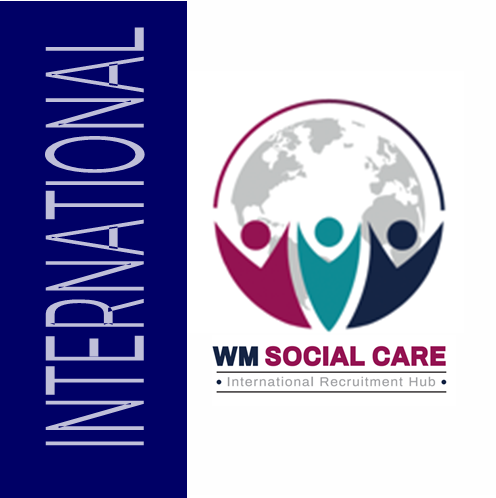The DHSC has made changes to the Vaccination and Immunisation programme for 2023/2024. Following the latest guidance from the Joint Committee on Vaccination and Immunisation (JCVI); the DHSC has announced cohort details for the COVID-19 Autumn Booster Programme and has amended the national flu immunisation programme - information below. Speculation in the media today also reveals that the government is planning to allow COVID booster jabs to be sold to the UK public through pharmacies and private clinics.
COVID-19 Autumn Booster Programme
The advice for this coming autumn is to offer the vaccine to those at high risk of serious disease and who are therefore most likely to benefit from vaccination. Specifically, the government will be – on JCVI advice – offering the following groups a COVID-19 booster vaccine this coming autumn:
- frontline health and social care workers.
- residents in a care home for older adults.
- all adults aged 65 years and over.
- persons aged 6 months to 64 years in a clinical risk group, as laid out in the Immunisation Green Book, COVID-19 chapter (Green Book)
- persons aged 12 to 64 years who are household contacts (as defined in the Green Book) of people with immunosuppression.
- persons aged 16 to 64 years who are carers (as defined in the Green Book) and staff working in care homes for older adults.
See here for more detailed JCVI guidance.
National flu immunisation programme 2023 to 2024 letter
The national flu immunisation programme letter sets out guidance for the 2023 to 2024 season, including the cohorts and next steps for regions and providers to take. Further guidance will follow on how the flu programme should be aligned to any autumn COVID-19 vaccination programme. The below groups will be eligible for a flu vaccine from 1 September 2023:
- frontline workers in a social care setting without an employer led occupational health scheme including those working for a registered residential care or nursing home, registered domiciliary care providers, voluntary managed hospice providers and those that are employed by those who receive direct payments (personal budgets) or Personal Health budgets, such as Personal Assistants
- those in long-stay residential care homes (Includes other long-stay care facilities where rapid spread is likely to follow introduction of infection and cause high morbidity and mortality (this does not include, for example, prisons, young offender institutions, university halls of residence)
- carers in receipt of carer’s allowance, or those who are the main carer of an elderly or disabled person
- those aged 65 years and over
- those aged 6 months to under 65 years in clinical risk groups (as defined by the Green Book, chapter 19 (Influenza))
- pregnant women
- all children aged 2 or 3 years on 31 August 2023
- primary school aged children (from Reception to Year 6)
- carers in receipt of carer’s allowance, or those who are the main carer of an elderly or disabled person
- close contacts of immunocompromised individuals


















